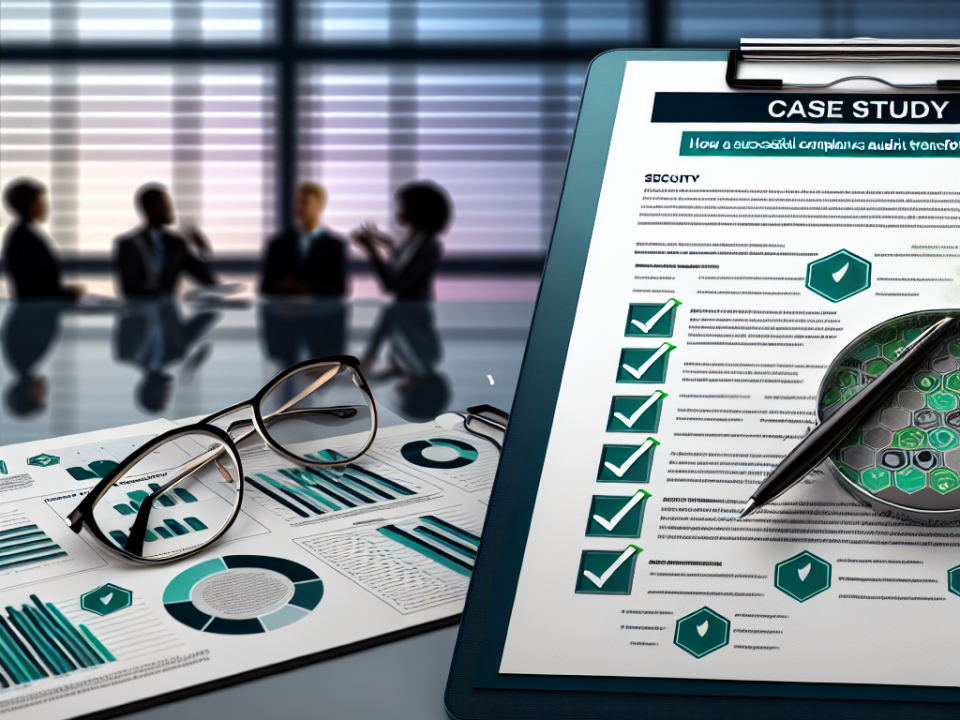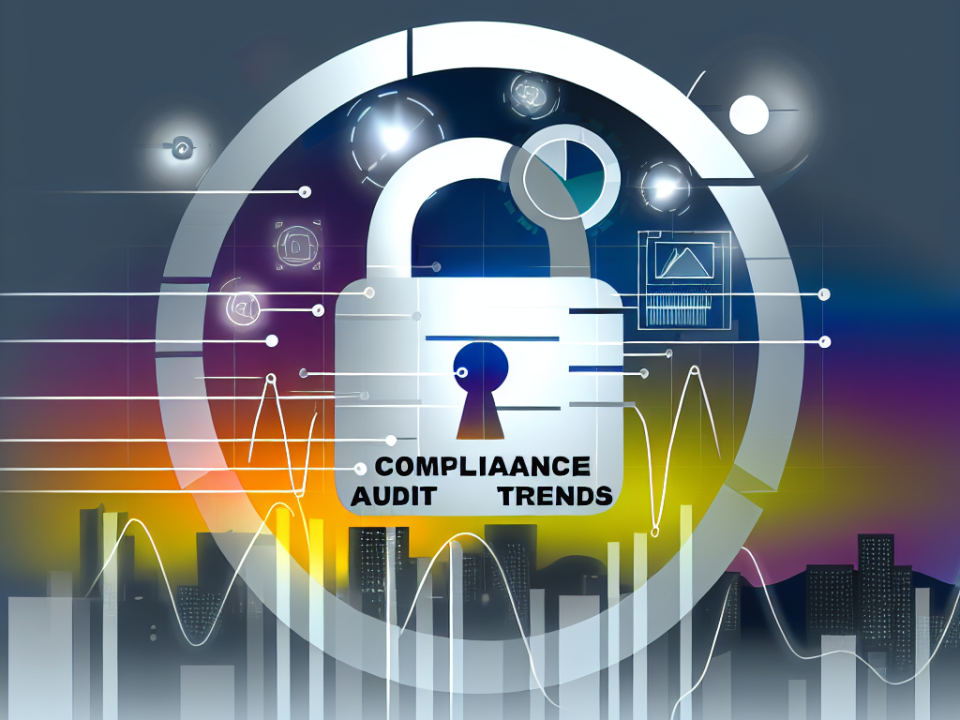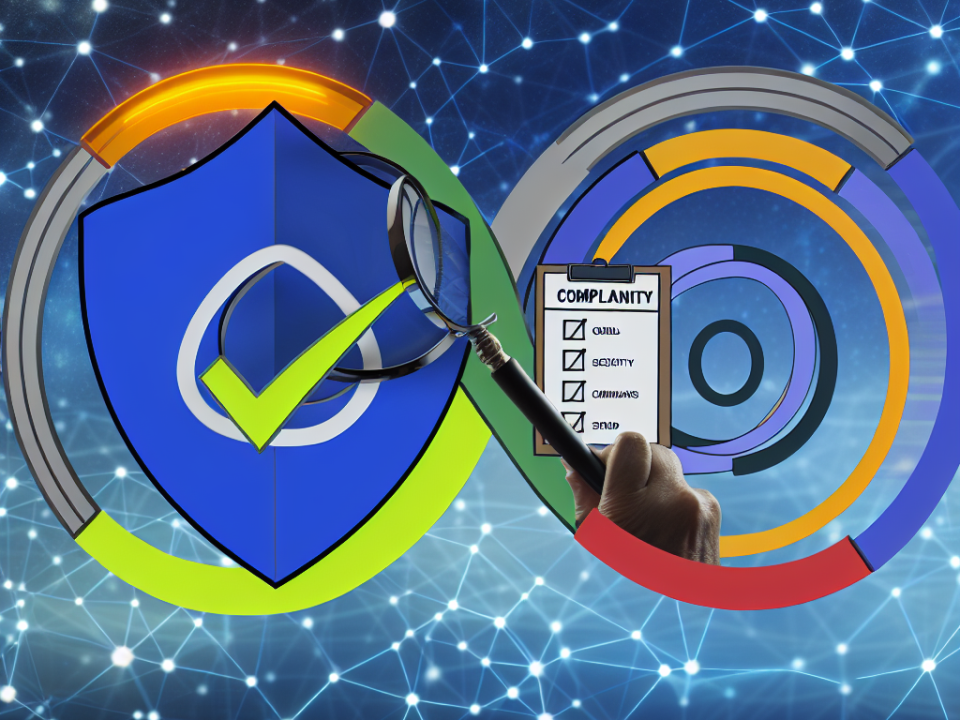
How to Choose the Right Security Compliance Framework for Your Organization
June 7, 2025
From NIST to ISO: Understanding the Most Effective Security Compliance Frameworks
June 9, 2025
In an era where cyber threats are increasingly sophisticated and regulatory scrutiny is intensifying, businesses must prioritize security compliance. Understanding security compliance frameworks not only helps protect sensitive data but can also enhance trust with customers and stakeholders. Here, we outline the top five security compliance frameworks that each business should be aware of.
1. ISO/IEC 27001
Overview:
The International Organization for Standardization (ISO) and the International Electrotechnical Commission (IEC) established ISO/IEC 27001 as the leading international standard on information security management systems (ISMS).
Key Features:
- Risk Management: ISO/IEC 27001 emphasizes risk assessment and management, requiring organizations to identify potential security risks and implement controls to mitigate them.
- Continuous Improvement: Encourages a process of continual improvement through monitoring, measurement, and review.
- Certification: Obtaining certification can boost credibility and trust with clients and partners.
Importance for Businesses:
ISO/IEC 27001 is globally recognized and demonstrates a commitment to robust data protection practices, making it critical for companies that handle sensitive information, such as personal data or intellectual property.
2. NIST Cybersecurity Framework (CSF)
Overview:
The National Institute of Standards and Technology (NIST) Cybersecurity Framework was designed particularly for critical infrastructure organizations but is flexible enough for any business.
Key Features:
- Core Functions: The framework divides cybersecurity activities into five core functions: Identify, Protect, Detect, Respond, and Recover.
- Customizable: Organizations can customize the framework based on their specific needs and risk profiles.
- Integration: Encourages integration with existing cybersecurity programs and regulatory requirements.
Importance for Businesses:
NIST CSF provides a comprehensive approach to managing cybersecurity risk, making it a go-to framework for businesses aiming to enhance their cybersecurity posture effectively.
3. General Data Protection Regulation (GDPR)
Overview:
The GDPR is a comprehensive data protection law in the European Union that focuses on data privacy and security.
Key Features:
- Data Subject Rights: Grants individuals rights over their personal data, including access, rectification, and erasure.
- Accountability: Organizations must demonstrate compliance, including keeping detailed records of data processing activities.
- Heavy Penalties: Non-compliance can result in significant fines, up to 4% of annual global turnover or €20 million, whichever is higher.
Importance for Businesses:
Even if a business operates outside the EU, GDPR affects any organization that processes the personal data of EU citizens. Understanding GDPR is essential for global businesses to avoid hefty fines.
4. Payment Card Industry Data Security Standard (PCI DSS)
Overview:
The PCI DSS is a set of security standards designed to ensure that all companies processing, storing, or transmitting credit card information maintain a secure environment.
Key Features:
- Data Protection: Establishes requirements for security management, policies, procedures, network architecture, and software design to protect cardholder data.
- Regular Audits: Requires routine compliance assessments to maintain security standards.
- Applicable to Various Businesses: Applies to all entities that accept credit card payments.
Importance for Businesses:
For any business that processes credit card transactions, compliance with PCI DSS is critical to avoid data breaches and maintain customer trust.
5. Health Insurance Portability and Accountability Act (HIPAA)
Overview:
HIPAA is a U.S. law aimed at protecting patient health information and ensuring data privacy.
Key Features:
- Privacy Rule: Establishes national standards for the protection of health information.
- Security Rule: Outlines safeguards for electronic protected health information (ePHI).
- Breach Notification: Requires entities to notify patients if their data is compromised.
Importance for Businesses:
Healthcare providers, insurers, and any ancillary services must comply with HIPAA to safeguard sensitive health information and avoid significant penalties.
Conclusion
Understanding and implementing security compliance frameworks is crucial for businesses in today’s digital landscape. The top five frameworks discussed—ISO/IEC 27001, NIST CSF, GDPR, PCI DSS, and HIPAA—each offer unique focuses and approaches to cybersecurity. By integrating these frameworks into their operations, organizations can better manage risks, protect sensitive data, and ultimately build stronger relationships with customers and partners. Prioritizing compliance not only helps mitigate dangers but also fosters organizational resilience.







